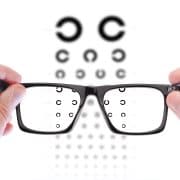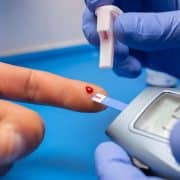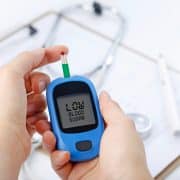The Best and Worst Ways to Clean Prescription Eyeglasses
When you get your brand new eyeglasses in Jesup, GA, it feels great to have such clean, sparkling glasses that let you see the world clearer. Wouldn’t it be nice to keep them that way? Now, it’s not rocket science, cleaning prescription eyeglasses, but there are things to do and, more importantly, not to do. Let’s go through the best and worst ways to clean prescription eyeglasses.
Best Ways to Clean Your Eyeglasses
Use Microfiber Cloths
You can get microfiber cloths almost anywhere, including at your optometrist’s office. These are great, because they don’t leave a trail of lint behind, meaning using them won’t make your glasses look more dusty than they did when you started cleaning them. Keep a supply at work, home and school. When you launder them, avoid using fabric softener.
Use Lens Cleaning Solution
Invest in special lens cleaning solution from an optical store, and only use it. These solutions are specifically formulated to clean eyeglasses without damaging any lens coatings you might have sprung for, such as anti-reflective or scratch-resistant layers.
Use Soap and Water
If you don’t have lens cleaner, gentle soap and water can also do the trick. Rinse your glasses under lukewarm water, apply a teensy amount of lotion-free dishwashing liquid, gently rub the lenses, rinse and then dry with a soft, lint-free cloth, or allow to air dry.
Worst Ways to Clean Your Eyeglasses
Using Your Shirt
Every time we see someone using their shirt to clean their glasses, we cringe. It might be tempting to just grab your shirttail to clean your lenses, but unless your clothing is made of microfiber, this can easily scratch your lenses. Fabric softeners and dirt on your shirt can also smear your lenses rather than clean them.
Using Household Paper Products
Paper towels, napkins and tissues are too abrasive for your eyeglass lenses. Softer tissues can leave behind lint, which defeats the whole purpose.
Using Window Cleaners
This is the worst offense. Window cleaners contain ammonia, which strip away the coatings on your lenses. Always avoid using household cleaners on your eyeglasses.
Regular cleaning and proper maintenance will ensure that your glasses help you see well and look great. Contact your optometrist in Jesup, GA for more great tips about eyewear maintenance.





